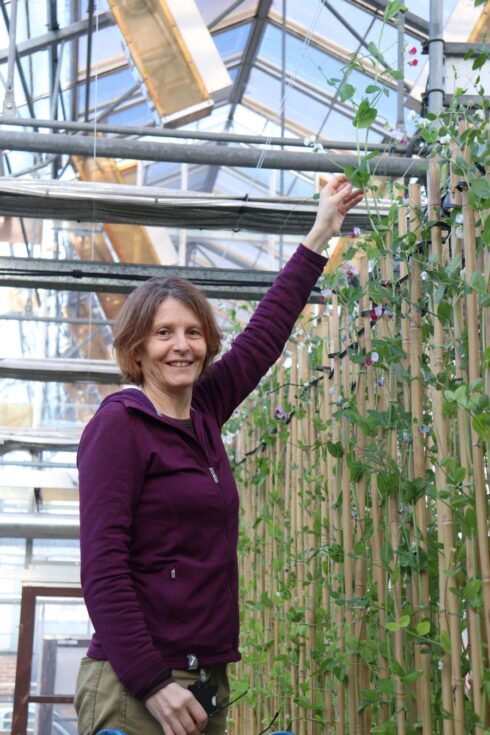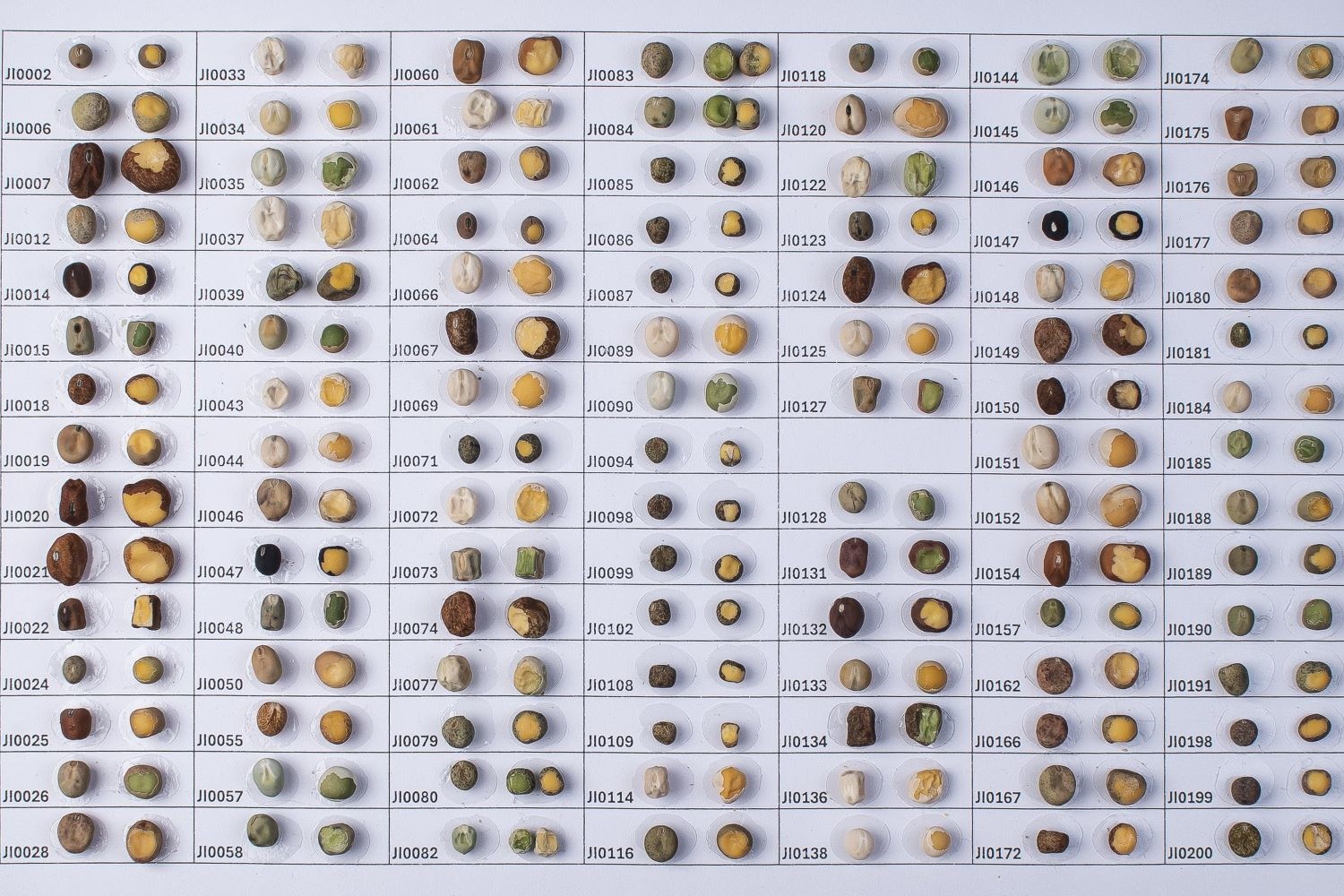The breakthrough unlocks vital traits to help develop more sustainable, resilient and nutritious pea crops worldwide.
In a major international collaboration, scientists have unlocked the genetic secrets of over 700 varieties of peas from around the world. This has created a powerful genomic resource that could supercharge the development of hardier, more sustainable crops.
The work, published in Nature, is being hailed as a game-changer for food security and climate-friendly farming.
With demand for plant-based protein surging and pressure to reduce fertiliser use growing, peas are emerging as a vital crop.
As legumes, they naturally fix nitrogen in the soil, reducing the need for chemical fertilisers that contribute to pollution and climate change.
Biggest leap since Mendel
Dr Noam Chayut of the John Innes Centre, one of the project’s lead researchers, said:
This is the biggest leap in pea genetics since Mendel.
The new genetic tools we’ve developed are already being used by breeders and companies to develop better varieties — ones that are more nutritious, more resilient, and more sustainable.
Unprecedented resource for sustainable agriculture
Biotechnology and Biological Sciences Research Council Executive Chair, Professor Anne Ferguson-Smith, said:
The iconic pea plant experiments of Gregor Mendel laid the foundations for the discipline of genetics — a legacy that continues to shape discovery to this day.
This remarkable study brings Mendel’s work into the 21st century, combining modern genomics with powerful bioinformatics to unlock an unprecedented resource for sustainable agriculture. It’s a compelling example of how foundational bioscience, long-term investment in national capabilities, and international collaboration come together to address global challenges.
As a geneticist, I’m excited by the scientific possibilities this work opens up — from deeper understanding of gene function to transformative advances in crop breeding.
Data is freely available to researchers
The team’s achievement involved sequencing and analysing 62 terabytes of DNA data, a staggering 25.6 trillion genetic markers.
This helped build a detailed genetic map of pea varieties, including wild types and ancient landraces.
The result? A catalogue of over 70 traits linked to specific genes, from disease resistance and pod shape to colour and flower position, many of which echo the traits Mendel tracked by hand in the 1800s.
Crucially, the data and pea lines are freely available to researchers and breeders worldwide, enabling faster, smarter crop development using advanced techniques like artificial intelligence-driven predictive breeding and gene editing.

Dr Julie Hoffer, John Innes Centre postdoctoral researcher and paper co-author, phenotyping peas in a glasshouse. Credit: John Innes Centre
How the past can inspire the future
Professor Noel Ellis, another lead author said:
This is not just about peas.
It’s about how we feed a growing population in a changing world — using less land, fewer chemicals, and smarter science.
With global agriculture facing urgent challenges, this discovery shows how the past can inspire the future and how a humble pea, once again, could reshape the world.
Top image: One of the diversity panels from the John Innes Centre Pisum panel resource, showing pea seed diversity. Credit: John Innes Centre

